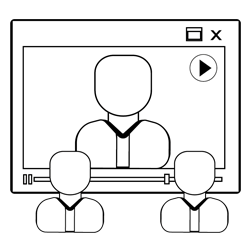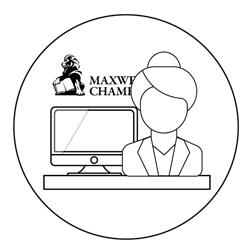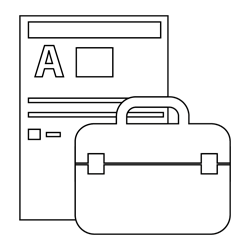Interviews

#10QuestionswithMaxwell Interview Series: Dr. Julian Brown, Julian Brown Limited
This week’s #10QuestionsWithMaxwell features Dr. Julian Brown, a maritime Arbitrator & Mediator at Julian Brown Limited, and Founder & Chairman of JCP Marine.
Dr. Julian Brown founded the marine consultancy JCP Marine in 1992 and has been arbitrating since 2011, principally under LMAA, SCMA, SIAC and FOSFA Rules. Disputes he has covered include ship building and yacht delivery contracts; oil and chemical cargo contaminations/off specification; cargo conversion and shortage; demurrage; liquefaction of solid bulk cargoes; salvage; various voyage and time charter party disputes.
In this interview, he shared one thing he would change about the arbitral system, the proudest achievement in his career, what qualities clients look for when selecting an arbitrator, and more.
Read his full interview below:
Q: When did you realise your passion for maritime law?
A: When I started studying Business and Law as part of my Master’s Certificate of Competency at Warsash.
Q: What has been the biggest change you have seen in the ADR space?
A: Virtual hearings in mediation and arbitration.
Q: If you could change one thing about the arbitral system, what would it be?
A: In my PhD thesis entitled “The Protection of Confidentiality in Arbitration: Balancing the Tensions Between Commerce and Public Policy”, I argued that confidentiality should be codified with respect to the arbitral process. That those involved – the parties, institutions, arbitrators, solicitors and witnesses – should be bound by its provisions. It argued that there is a pressing need to address the gaps in the current [English] law such as the consolidation of proceedings and the use of materials generated during the course of an arbitration.
Equally important is the need to create a framework that determines how awards are used in related arbitrations and litigation, whilst meeting the societal expectations of judicial transparency. The potential stunting of commercial law and the hindering of its development due to the dearth of published awards was addressed threefold: by making award publication the default rule; requiring copies of all arbitral awards to be deposited with the courts; and enabling redacted awards to be published. The modernisation proposals continue by addressing and requiring transparency when third party funding is utilised; by defining and addressing exceptions including those in the interests of justice and what constitutes in the public interest.
The ethics, transparency and disclosure obligations of every arbitrator is core to ensuring the integrity and continued success of commercial arbitration. The arguments that excessive intervention, whether judicially or by statute, are a potential threat to a seat’s place in the world of arbitration are in my view misguided.
The thesis concluded by proposing amendments that codify privacy and confidentiality in the Arbitration Act 1996.
Q: Looking back in your career, what has been your proudest achievement?
A: Successfully transitioning into a third career: from ship’s master to maritime surveyor to arbitrator and mediator.
Q: You have successfully established JCP Marine in 1992 and Julian Brown Limited in 2014, what advice would you give to practitioners looking to set up their own firm?
A: Find a niche. Specialise. Love what you do.
Q: What qualities do you think clients look for when selecting an arbitrator?
A: Numerous studies have been conducted over the past 40 odd years. The results haven’t varied significantly since Professor Tore Sandvik’s 1979 survey of [20] Norwegian users. Competence, fairness and expertise probably still rank amongst the top qualities sought in an arbitrator.
Q: What steps can younger arbitration practitioners take to improve their chances of getting an appointment?
A: Is perhaps the wrong approach. Or the wrong question. Or both. From what I have observed, some of the best arbitrators are the ones who have excelled in a particular legal or technical field, and bring those skill sets and that experience to the arbitration table. The best approach for a younger arbitrator is probably to focus on their primary career and acquire experience in their respective legal and/or technical fields. The arbitration work will follow.
Q: What is the best work-related advice you have received?
A: Same advice for practitioners looking to set up their own firm – Find a niche. Specialise. Love what you do.
Q: To get to know you more on a personal level, tell us 3 fun facts about yourself.
A: There is never enough time for trail running, week-long hikes on national trails and exploring the mountain ranges of Peninsular Malaysia.
Q: Lastly, share with us your fondest memories of Maxwell Chambers / Maxwell Chambers Suites.
A: Too new and too soon perhaps for fondest memories, but the staff are adorable and friendly: you couldn’t ask for a nicer place to work.








